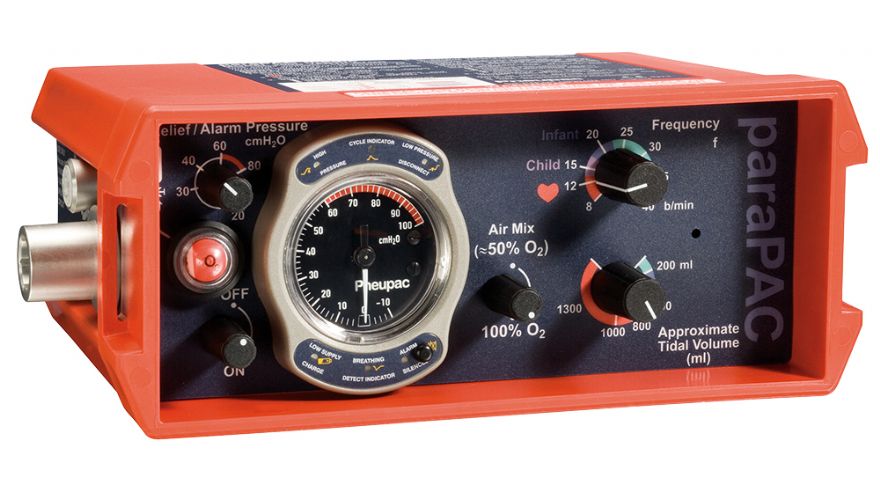
British manufacturers have helped to produce over 14,000 ventilators during the coronavirus pandemic, answering the Government’s call to arms in March to build up ventilator capacity to help the NHS frontline.
Scientific modelling at the start of the coronavirus crisis predicted that the NHS was going to run out of ventilators, so the Government launched the Ventilator Challenge urging manufacturers and medical device companies to step up production of existing designs and design new ventilators from scratch to meet the needs of the impending pandemic.
The Government received an overwhelming response, with over 5,000 companies offering their support and over 7,500 people contributing to the effort.
Prime Minister Boris Johnson said: “The Ventilator Challenge has proven just how much Britain can achieve when confronted with a difficult problem – bringing together the best minds in manufacturing, innovation and design.
“Thanks to these efforts, everyone who needed a ventilator has had access to one, and the NHS has the vital machines it needs to continue providing life-saving support against this deadly virus.”
UK production of ventilators under the Ventilator Challenge is to draw to a close this weekend with 14,000 devices expected to have been produced in around three months, accounting for over a half of all the ventilators now available.
It has also been confirmed that the Penlon ventilator has had its CE mark confirmed, meaning that the device, which was newly adapted for the Ventilator Challenge, is now available for export abroad. Penlon are now setting up a new line aimed at exporting around the world.
The programme has formed a key part of a successful three pillar strategy to increase the number of mechanical ventilators, with over 25,000 devices now available in total to the NHS, up from 9,000 before the start of the pandemic — over 2,500 have been imported from abroad.
The Ventilator Challenge helped scale-up the production of three models (paraPAC, Vivo65 and Nippy4+) and helped guide one newly adapted model, the Penlon ESO 2, all the way through regulatory approval.
A number of other UK manufacturers also progressed novel designs to advanced stages within weeks. Four of these designs, the Dyson/TTP CoVent, the Babcock Zephyr+, the Cambridge Consultants Veloci-Vent and the Swagelok Piran Vent, were deemed to have achieved a performance level which met the MHRA’s requirements.
The independent testing organisation (MD-TEC) concluded that they would have all been clinically usable as pandemic ventilators and could have supported large numbers of critically ill patients. Ultimately these designs were not progressed to mass production as part of the Ventilator Challenge due to reduced demand.
Dr Tom Clutton-Brock, director of the Medical Devices Testing and Evaluation Centre, said: “Designing, manufacturing and testing ventilators usually takes years. So it is outstanding the progress which has been made in a space of months. Having tested all of these devices, it is impressive that several new models met the regulator’s requirements.”
Penlon and Smiths, which are part of the Ventilator Challenge UK consortium, have so far delivered over 10,000 devices. Penlon is now making more ventilators in one day than the company used to deliver in ten months, further underlining the success of the scaling up of the device.
The last Penlon and Smiths devices will be delivered this weekend, subject to final manufacturing and testing. In addition, today there are also around 11,000 non-invasive ventilators and almost 5,000 CPAP machines available to the NHS in the UK which were not available before the start of the crisis.
Penlon CEO Guru Krishnamoorthy said: “It has been an amazing and humbling experience for Penlon to be a part of such a nationally important project. There is nothing more purposeful for a UK medical device company than rising to an occasion like this to save thousands of lives.
“We have been supported extremely well by the members and leaders of the Consortium companies, our suppliers and other business partners. We take this opportunity to thank each one of them.”